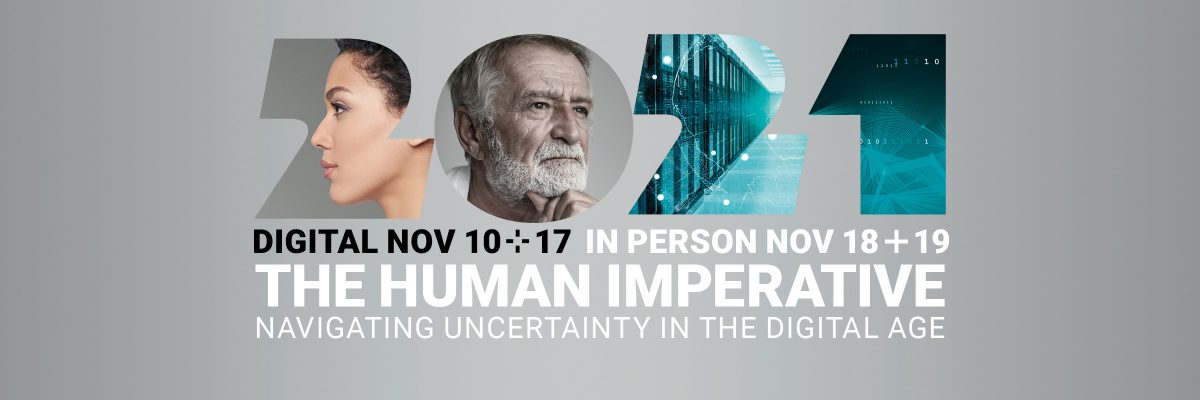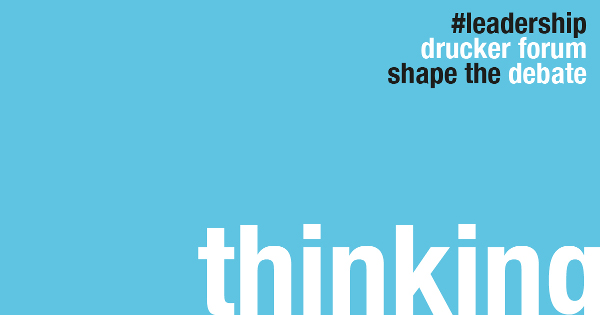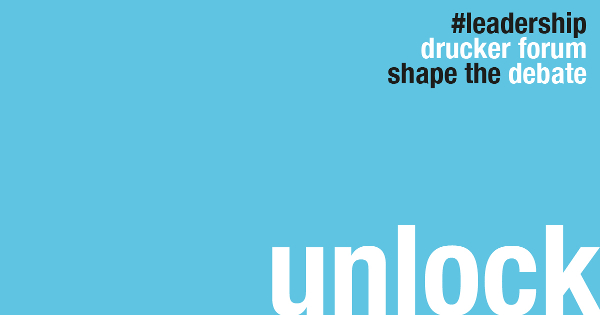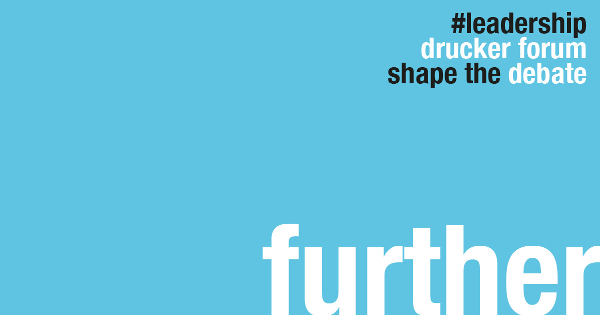Imagine a world where it is acknowledged that unknown unknowns are the primary triggers of economic and social change; where literally everything is recognized to be an “accident” (in the statistical sense of having a finite probability of occurring); where humans and machines coexist on teams where work has a high-knowledge content, immersed in unprecedented volumes of data; and where organizational and contextual complexity can only become more complex[…]
Continue reading








